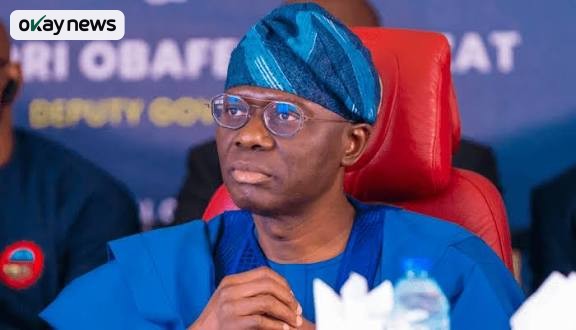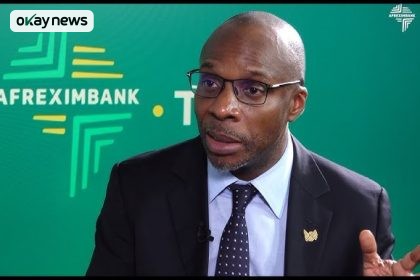The Lagos State Government has re-entered Nigeria’s domestic debt market with a bold plan to raise up to ₦200 billion through a 10-year bond issuance, aimed at financing critical infrastructure under its ₦1 trillion Debt and Hybrid Instruments Issuance Programme.
The offer, which opened on November 6, 2025, is being managed by Chapel Hill Denham Advisory Services and is priced between 16.15% and 16.25%. Investors have until November 13 to submit bids under the book-building process.
Proceeds from the bond will be directed toward priority physical and social infrastructure projects, including transportation, housing, healthcare, and education—key pillars of Governor Babajide Sanwo-Olu’s THEMES+ development agenda. With Lagos contributing approximately 20% of Nigeria’s GDP and hosting one of Africa’s most diversified subnational economies, the issuance is expected to attract strong investor interest.
The state’s robust fiscal profile underpins this confidence. Lagos’ Internally Generated Revenue (IGR) surged by 105% to nearly ₦2 trillion in 2024, reflecting its ability to fund operations and service debt with minimal reliance on federal allocations. The state holds high credit ratings—Aa- from Agusto & Co. and AA- from GCR Ratings—thanks to its solid revenue base and prudent financial management.
This latest bond continues Lagos’ impressive track record in the capital market. Since pioneering subnational bonds in 2002 with a ₦15 billion floating-rate issuance, the state has consistently tapped the market to fund infrastructure, including notable issuances in 2012 (₦80 billion), 2017 (₦87.5 billion), and 2020 (₦137.3 billion). All previous bonds have either been fully repaid or remain performing, reinforcing Lagos’s reputation as Nigeria’s benchmark subnational borrower.
With a population exceeding 20 million and rapid urbanisation intensifying infrastructure needs, the new ₦200 billion bond is expected to support ongoing projects in transport, renewable energy, and social services. Analysts predict strong demand due to the offer’s competitive pricing and Lagos’ fiscal resilience.
This move also highlights the growing maturity of Nigeria’s subnational debt market, positioning it as a vital engine for sustainable development financing in the country.







